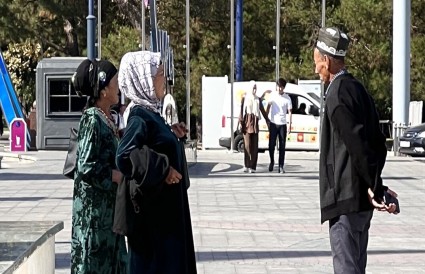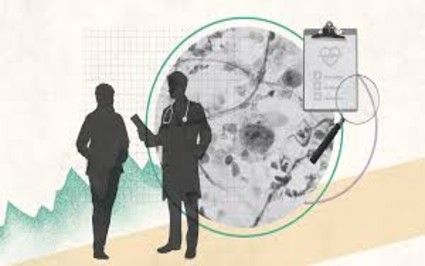Grant agreement was signed at the Ministry of Ecology, Environmental Protection, and Climate Change on December 26 for the Sound Management of Hazardous Chemicals project.
The trilateral document was signed by Deputy Minister of Ecology, Environmental Protection, and Climate Change, Jusipbek Kazbekov, Head of the Delegation of the European Union (EU) to Uzbekistan, Charlotte Adrian, and Deputy Representative of the Food and Agriculture Organization of the United Nations (FAO) in Uzbekistan, Sherzod Umarov.
"This project is part of a larger program to support the transition to a green economy, with over 10 million euros allocated for this purpose. The cost of the project itself stands at nearly 4 million euros. The idea is to expand the capacity of the Ministry of Ecology in this field and improve coordination in the area of hazardous chemicals and waste," said Charlotte Adrian.
"There is a need and willingness in Uzbekistan to improve work in this field. This potential is linked to several UN Conventions. The country has demonstrated its willingness to move forward to the green transition and growth. Therefore, we are ready and pleased to support this endeavor," added the Head of the EU delegation.
The project will be implemented by the Ministry of Ecology in collaboration with FAO, with financial support from the EU, from 2023 to 2027. Upon its completion, it is expected to enhance the country's institutional capacity in the rational management of hazardous chemicals, enabling the establishment of a more comprehensive database on hazardous waste. It will also facilitate the development of a National Waste Management Strategy and a phased transition to the establishment of facilities with corresponding standards for the treatment of hazardous waste.
"This topic is very relevant for Uzbekistan because agriculture accounts for 27% of the country's GDP, and to achieve high crop yields, active efforts are being made in Uzbekistan to promote the moderate use of chemicals, pesticides, and agricultural products. The main goal of the project is to develop skills in this area for the Ministry of Ecology, the Ministry of Agriculture, farmers, and other stakeholders. And, of course, the project's implementation is fulfilling the obligations of the four UN conventions," noted Sherzod Umarov.
It is important to note that the project will contribute to expanding the promotion of sustainable methods in agriculture, which will reduce the risks associated with pesticide use for farmers and consumers. Significant attention will be given to raising awareness among institutions and the general public about the risks associated with the use of hazardous chemicals.
"The project aims to improve the management of hazardous chemical waste and its efficient use. Necessary measures will be implemented to reduce the use of hazardous substances in agriculture and transition to substances that are less harmful to soil resources. Furthermore, the development of a National Strategy for the management of hazardous chemical waste is envisaged within this project," said Anvar Tursunaliyev, official of the Ministry of Ecology.
For information: The implementation of this joint project is expected to enhance the effectiveness of mechanisms and tools for managing hazardous chemicals and corresponding waste, as well as reduce the use of hazardous pesticides in agriculture, including the introduction and promotion of alternative methods in agriculture that involve pesticide replacement and reduction. Special attention will be given to raising farmers' awareness of the need to reduce pesticide use. The project will also help understand the scale of existing problems related to the use of hazardous chemicals, including the volumes of obsolete pesticides that have caused soil contamination.















